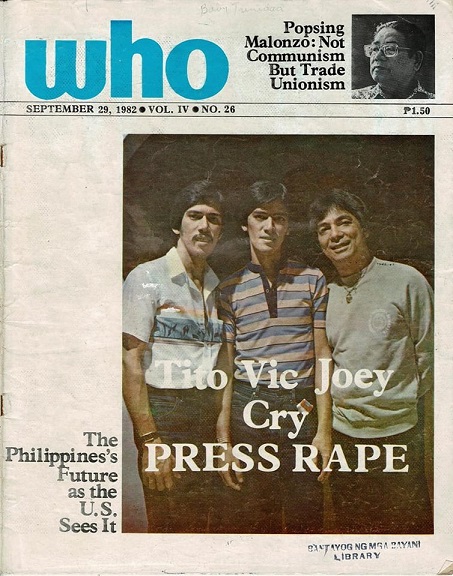Congressman on why the PH should help domestic economy first before lending to Europe
Some Filipinos are struggling to wrap their heads around the idea that the Philippines is now a rebounding economy and a lender to European countries. In short, no more Third World tag.
Partylist Congressman Rafael ‘Ka Paeng’ Mariano, a recent New York visitor, was one of them. Asked for his thoughts about the Philippines becoming a creditor nation, he said government should provide for the needs of its people first.
“Instead of lending money,” he said the Aquino Government should provide for the basic needs of its people in the areas of education, healthcare and living wages. He told a June 26 forum at the Philippine Consulate that the government should address the rising prices of basic services and commodities and ease the burden of the domestic population before looking outside to help.
The Philippines, which enjoys hefty foreign exchange reserves, contributed about $125 million to a pooled fund syndicated by the International Monetary Fund, according to the Bangko Sentral. The IMF in turn used the money to ease the financial crisis in Europe.
A longtime activist and advocate for the rural communities, Mariano stressed the need to create and strengthen national industries to generate more jobs and make the Philippines more self-sufficient.
He said the dire lack of jobs in the country, caused by the dearth of national industries, is the root cause of 11 million Filipinos working in over 182 countries around the world.
“They are separated from their families, oftentimes victims of exploitation and abuse, such as labor trafficking, which has become more common amongst Filipinos in the U.S.,” he said.
Mariano is a representative of the Anakpawis Partylist (“Toiling Masses”), comprising workers and farmers sectors. While he acknowledged the contribution to the economy generated by foreign remittances, he continued to stress the importance of agrarian reform as a driver of economic growth.
Mariano’s trip to the U.S. included visits to congressional offices in Washington D.C. to speak on foreign policy issues affecting the Philippine agricultural sector.









